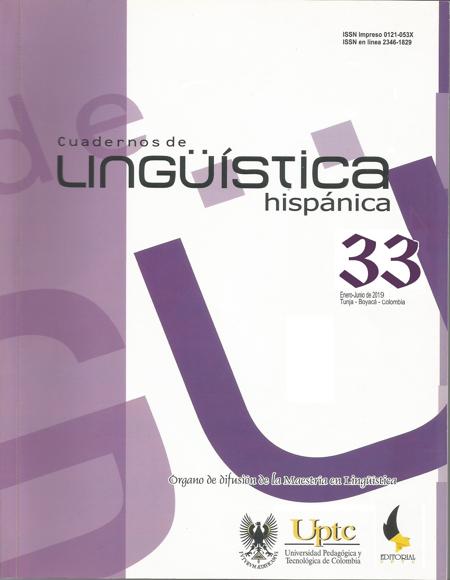An Approach to the Role of Education in the Political Theory of Thomas Hobbes

Abstract
This paper shows a part of the reflections that have been made, based on authors of the modernity, in this specific case Thomas Hobbes, on the concept of education and the sense that this philosopher gives to it within his political theory. For this, in the first place, the state of nature will be established, because that initial condition of the man, exposed by Hobbes, has to be described and, in this sense, to analyze the function of education; then the idea of social pact as the foundation of the Civil State will be developed, and finally the function of education is explained, taking into account Hobbes's thought, the man in his state of nature and what the pact seeks to solveKeywords
education, Civil State, state of nature, social pact
Author Biography
Adriana Rocío Torres Sanabria
Docente Universidad Pedagógica y Tecnológica de Colombia, tesista Maestría en Filosofía del Derecho y Teoría Jurídica de la Universidad Libre
References
Altini, C. (2005). La fábrica de la soberanía: Maquiavelo, Hobbes, Spinoza y otros modernos. Buenos Aires: El Cuenco de Plata.
Bobbio, N. (1992). Thomas Hobbes. M. E. Romaní (trad.) México, D.F: Fondo de Cultura Económica.
Bobbio, N. (2003). Teoría general de la política. Madrid: Trotta.
Borón, A. (2000). La filosofía política moderna. De Hobbes a Marx. Buenos Aires: Clacsco.
Cassirer, E. (1953). El problema del conocimiento en la filosofía y en la ciencia moderna. México, D.F.: Fondo de Cultura Económica.
Castaño, J. F. (2000). La educación en el planteamiento de Thomas Hobbes y algunas de sus implicaciones desde la perspectiva de la teoría crítica. Revista Educación y Pedagogía, 12(26), 181-187.
Hobbes, T. (1966). El ciudadano. Caracas: Facultad de Derecho, Universidad Central de Caracas.
Hobbes, T. (1992). Diálogo entre un filósofo y un jurista y escritos autobiográficos. M. A. Rodilla (trad.) Madrid: Tecnos.
Hobbes, T. (1994). Leviatán I. C. Mellizo (trad.) Barcelona: Altaya.
Hobbes, T. (2005). Elementos de derecho natural y político. D. N. Pavón (trad.) Madrid: Alianza.
Macpherson, C. (1970). La teoría política del individualismo posesivo de Hobbes a Locke. J. Capella (trad.). Barcelona: Fontanella.
Medina, I. (2014). Política, democracia y liberalismo en el origen de la época moderna. Espiral, Estudios sobre Estado y Sociedad, 21(60).
Santillán, J. F. (1998). Hobbes y Rousseau. Entre la autocracia y la democracia. México, D.F.: Fondo de Cultura Económica.
Sierra, H. H. (2011). Sobre la condición humana en la teoría del Estado de Hobbes. Cuestiones de Filosofía, (13), 83- 93.
Strauss, L. (2006). La filosofía política de Hobbes: su fundamento y su génesis. Buenos Aires: Fondo de Cultura Económica.
